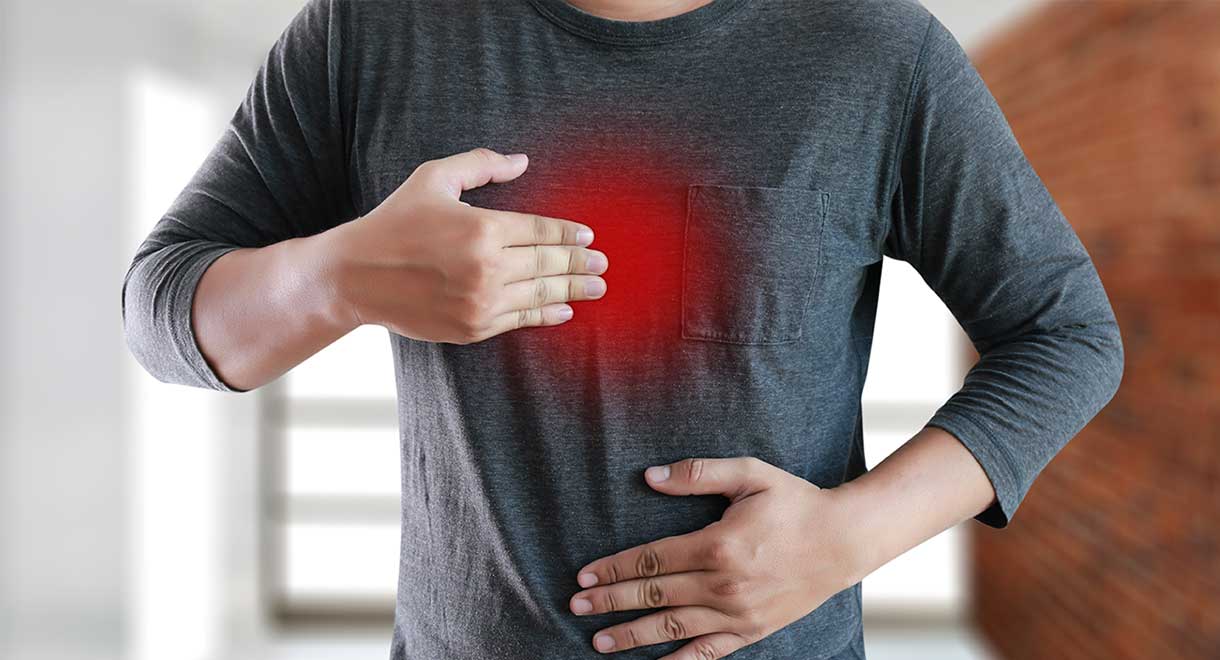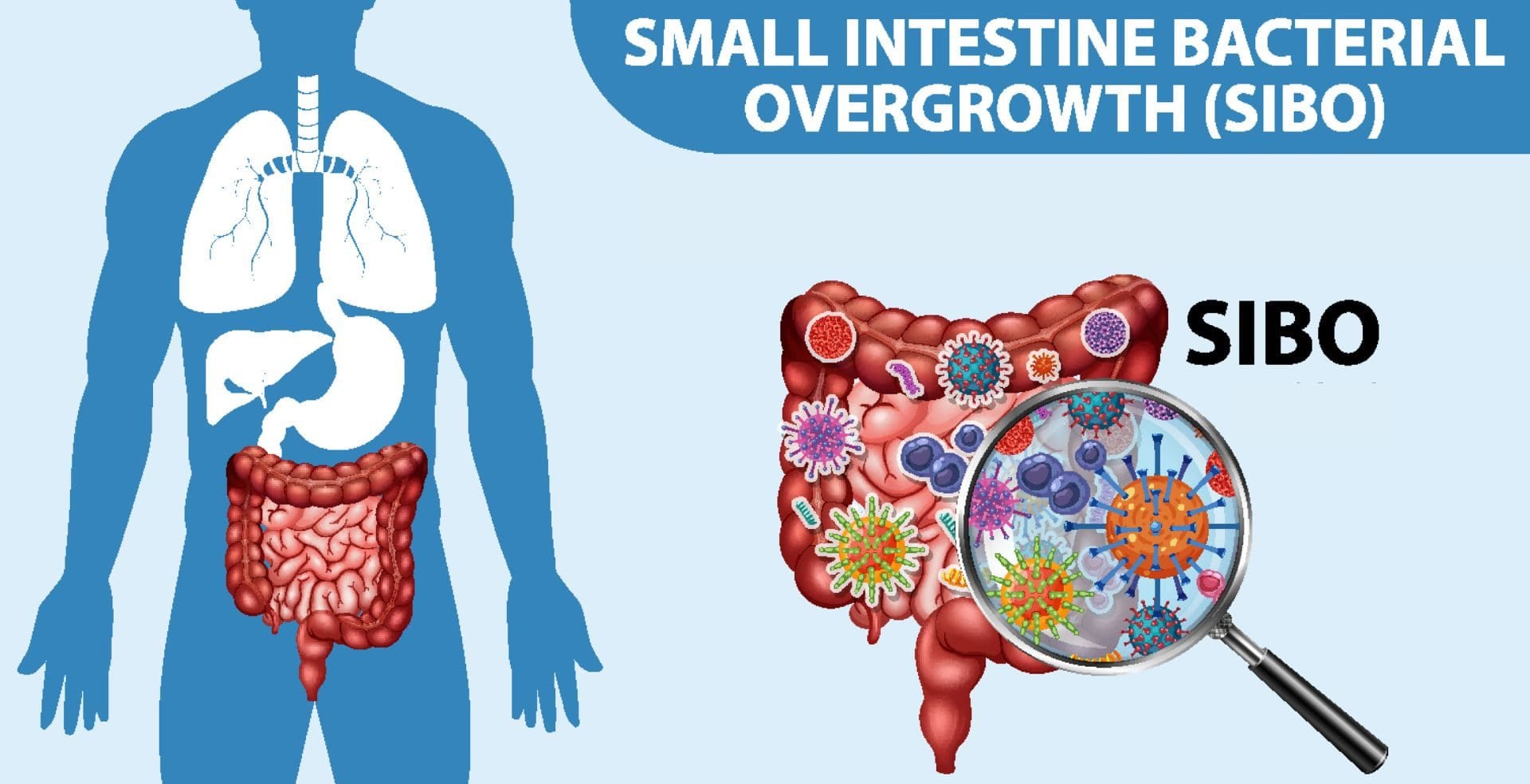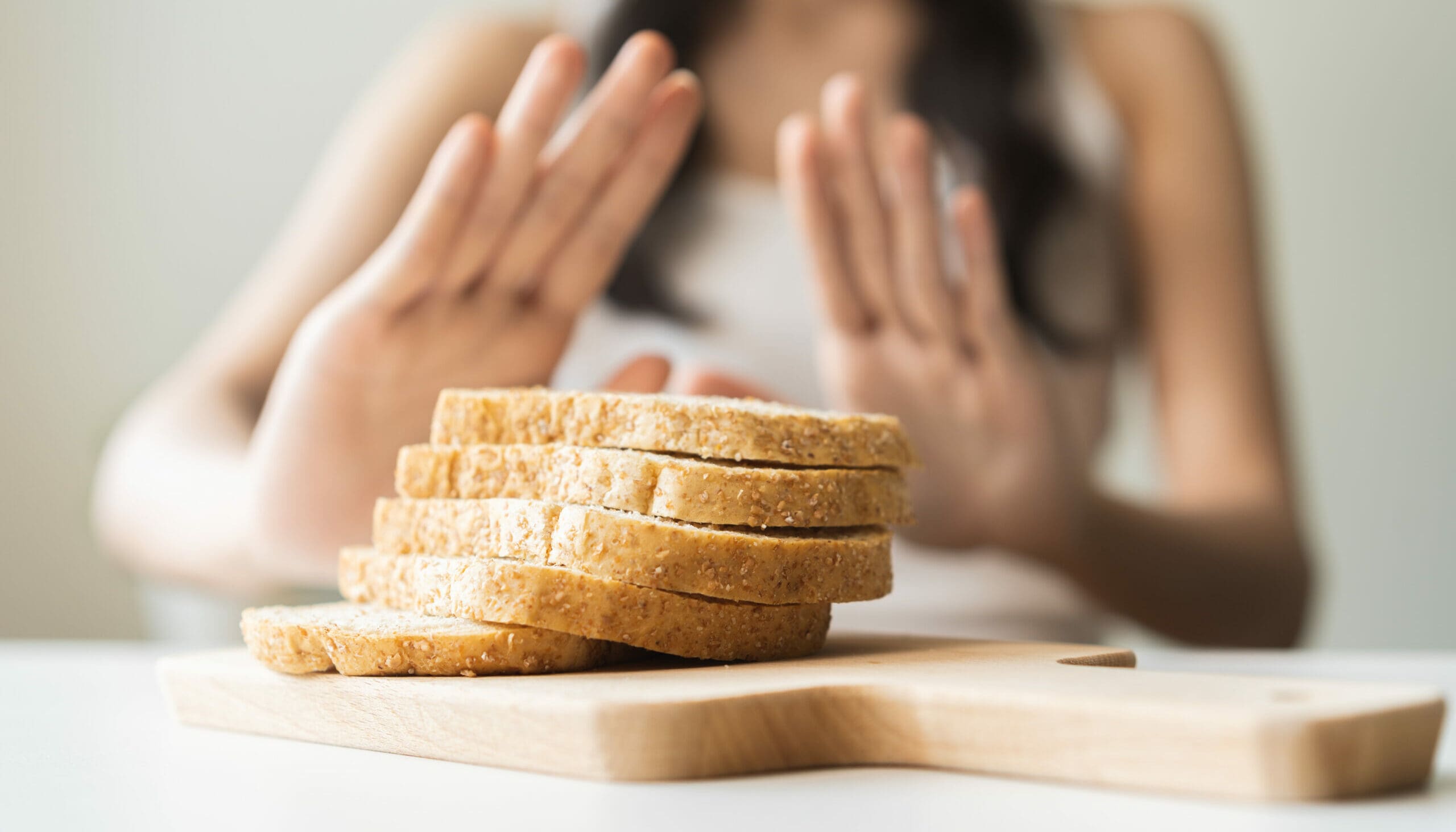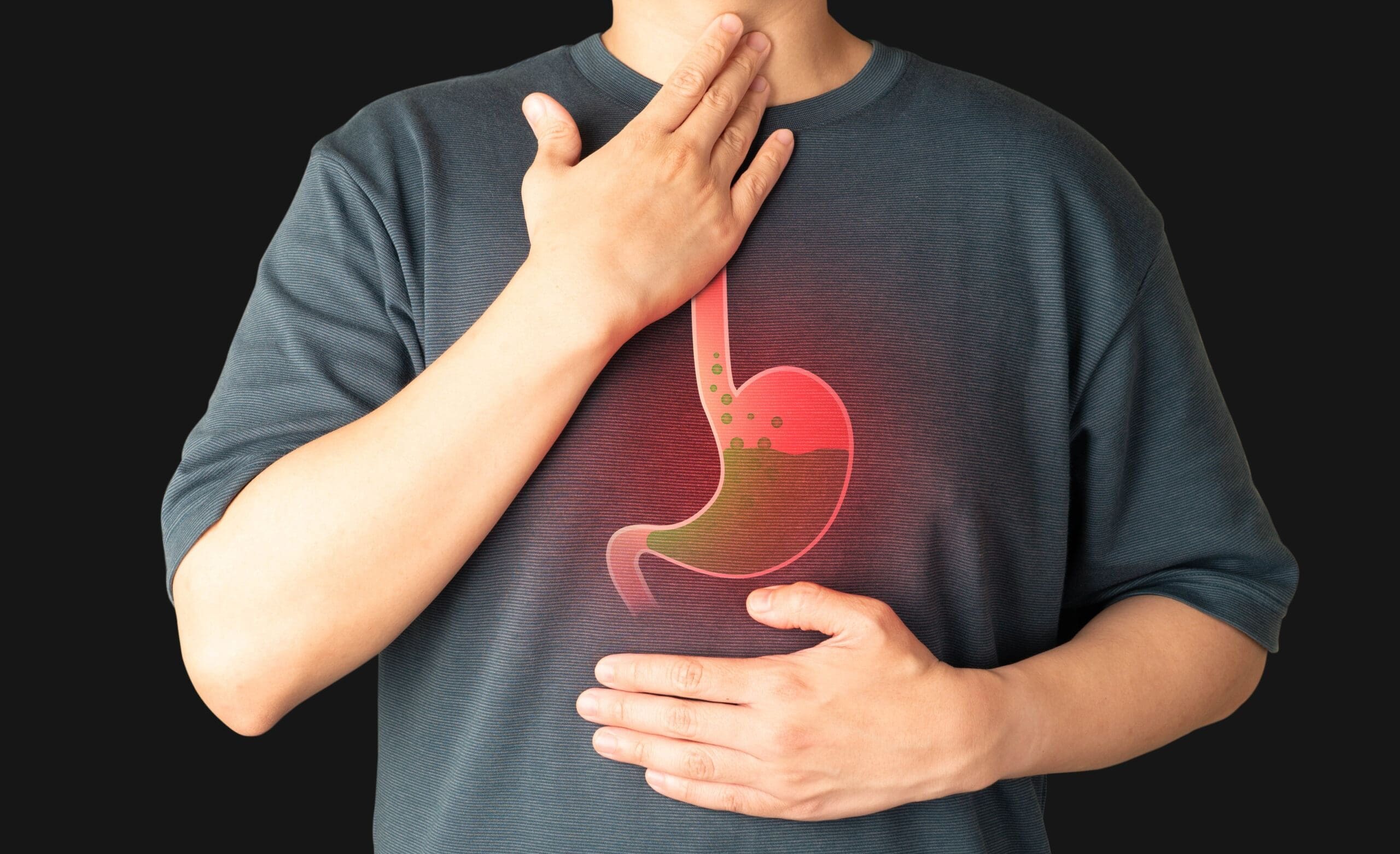What really causes reflux and heartburn?
By naturopath Margaret Jasinska
Reflux and heartburn are extremely common. The acid-blocking drug Nexium is one of the most prescribed drugs in the world. These digestive problems can cause a lot of discomfort, but they also raise the risk of severe damage to the lining of the oesophagus.
What is the cause?
Reflux and heartburn are caused by the acid contents of the stomach regurgitating or flowing backwards into the oesophagus. The lining of the oesophagus is not designed to handle these high acid conditions, which leads to inflammation and in severe cases scarring of the oesophagus. This is called oesophagitis. Chronic inflammation of the oesophagus can lead to a type of scarring called Barrett’s oesophagus. This has a chance of progressing into oesophageal cancer.
The stomach produces a lot of hydrochloric acid during eating and for good reason, because without it, you cannot digest proteins efficiently and you will not absorb calcium and other minerals from foods. There is a circular muscle around the lower oesophagus, which divides it from the stomach, and this normally remains contracted to prevent back flow of stomach acid. During swallowing, this muscle normally relaxes, allowing food to pass from the oesophagus into the stomach, after which it should remain contracted.
If you are overweight and/or have a fatty liver, this will cause too much pressure on the stomach, and reflux becomes worse. If you eat a lot of sugar or refined carbohydrates, or you have problems digesting FODMAPs, you may develop small intestinal bacterial overgrowth. Gases the bacteria produce can travel up into the stomach, raising the pressure inside and promoting reflux. Food intolerance can also increase gas production in the gut.
In some people with reflux there is a hernia (protrusion) of the upper part of the stomach through the diaphragm into the lower chest. This is called a hiatus hernia and can be hereditary and is more common with age and in those who are overweight. A hiatus hernia will often disturb the function of the circular muscle around the lower oesophagus. This increases reflux and heartburn symptoms. These symptoms are much worse after eating a large meal and while bending over.
General recommendations
Reflux can last anywhere from several minutes to hours.
In severe cases of reflux oesophagitis, medications to block stomach acid production should be taken temporarily, until the underlying cause is treated. These may include; cimetidine, famotidine, nizatidine, rantidine and omeprazole.
These medications should not be relied upon long term because they can have undesirable side effects.
You may find the following helpful:
- Try to lose weight with a low carbohydrate diet if overweight.
- Glutamine is incredibly soothing to the lining of the oesophagus, stomach and intestines. Taking a glutamine supplement between meals can help to manage reflux and heartburn. The Dr Cabot Ultimate Gut Health powder is high in glutamine, with added benefits of slippery elm, pectin, chia and the probiotic Saccharomyces boulardii. Alternatively, pure glutamine powder be taken on its own, between meals and after meals, to manage reflux symptoms.
- Avoid excessively large meals, especially in the evening.
- Do not drink with meals.
- Avoid or minimise coffee, alcohol, cigarettes and any foods that aggravate your digestive system. Some people may need to also avoid spicy foods.
- The majority of people with reflux have a food intolerance which is behind their symptoms. Common culprits include cow’s milk and gluten (found in wheat, rye, and barley). A dairy free and grain free diet helps the majority of reflux sufferers.
- Try to avoid eating while stressed, or rushing your meals.









Leave A Comment